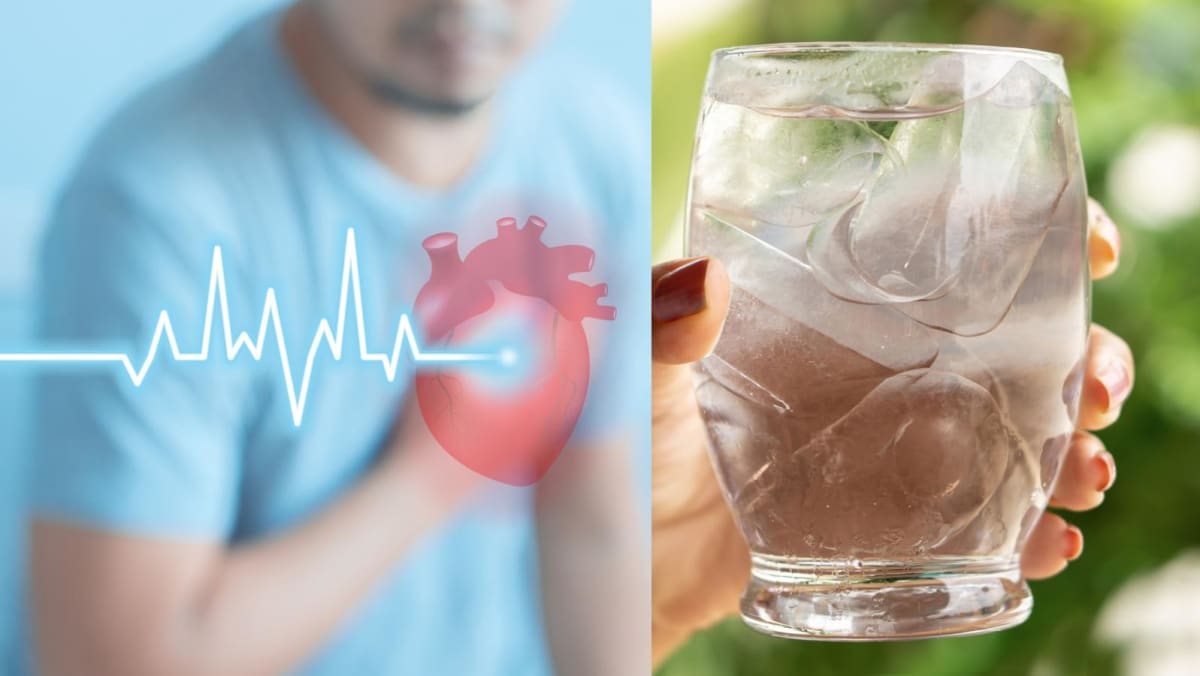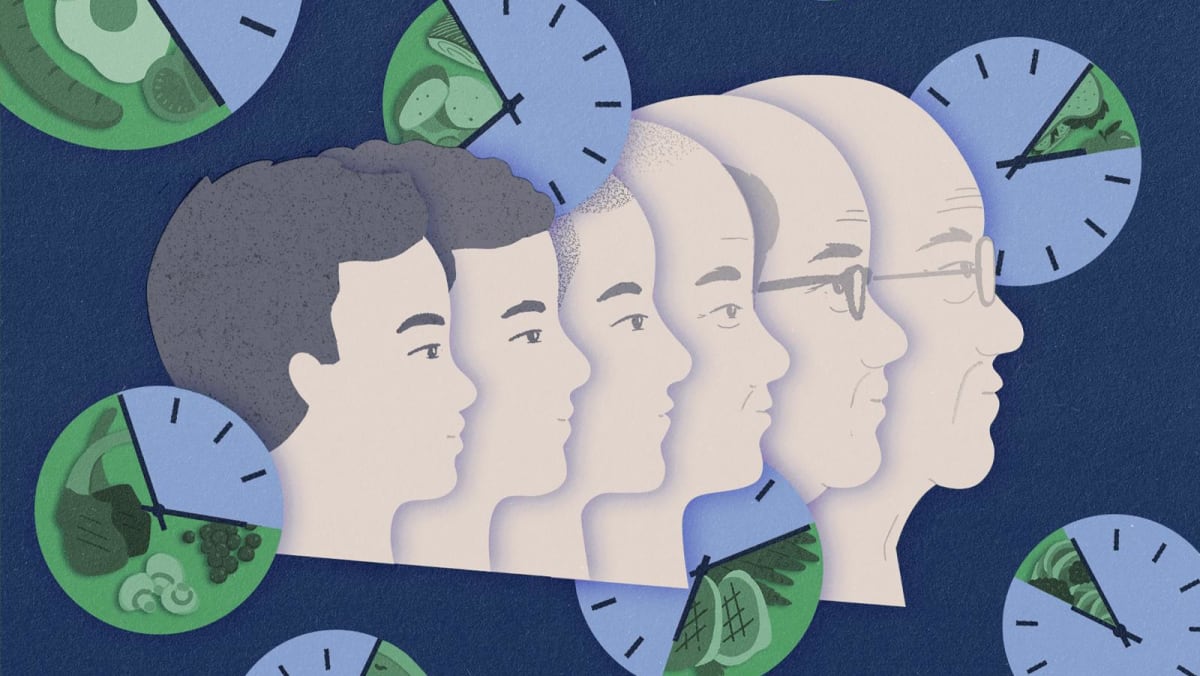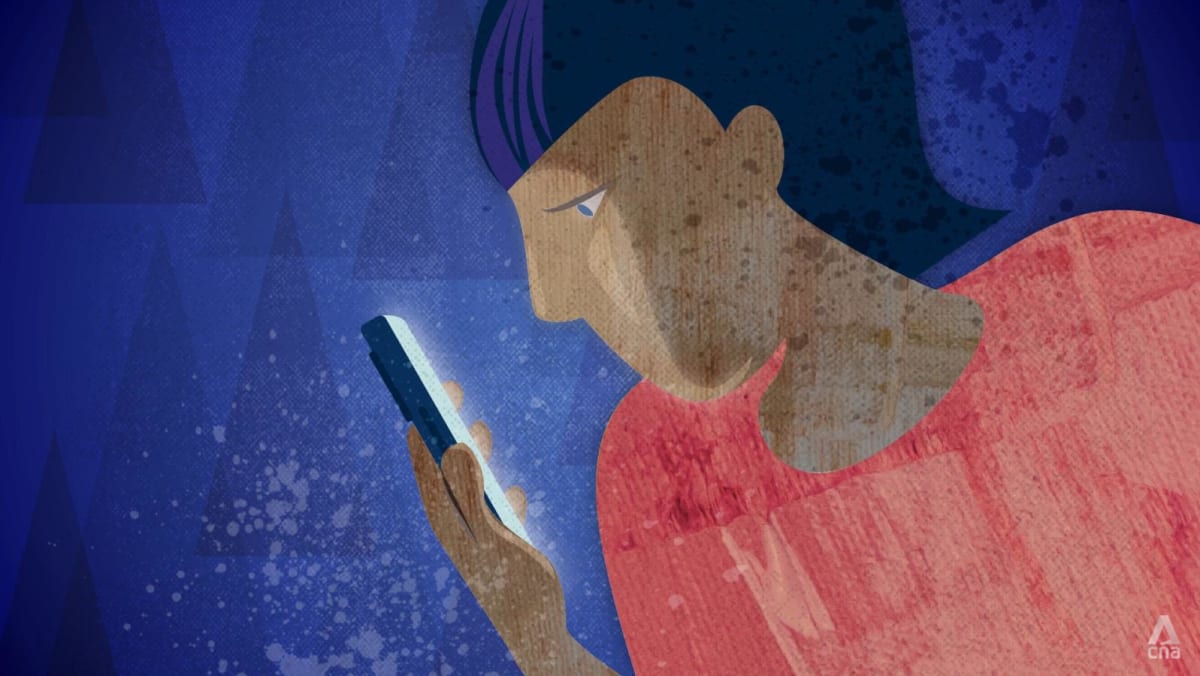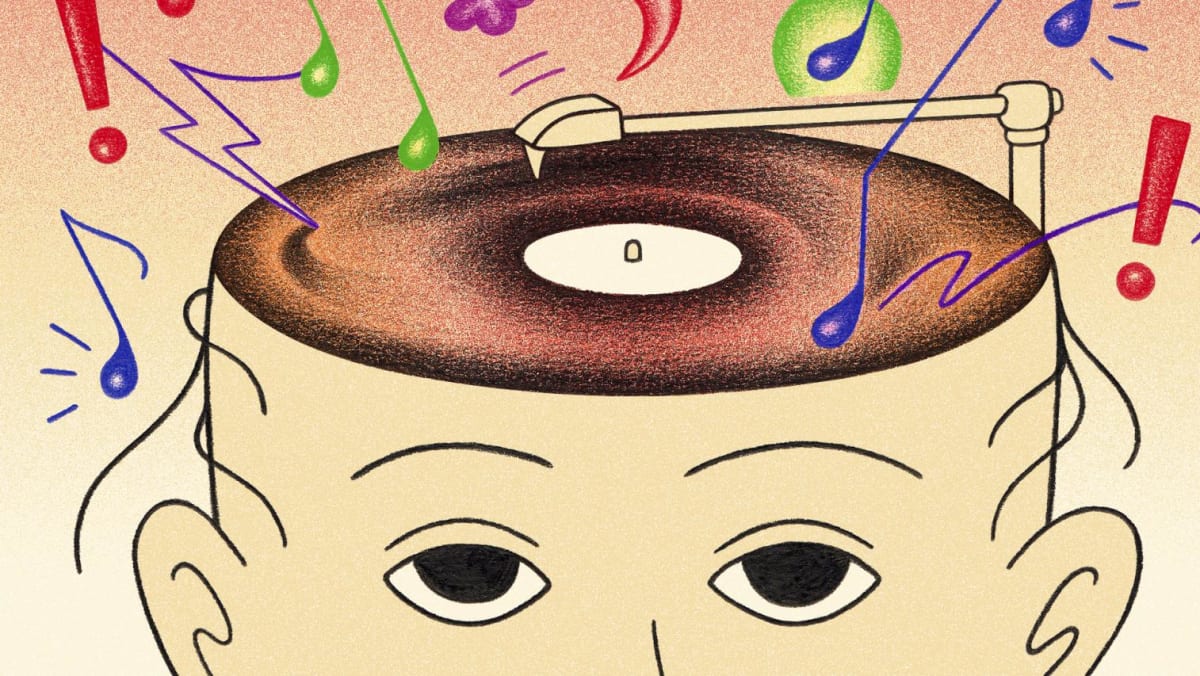And it needn’t be cold beverages either. “Any stimulus that irritates the vagus nerves can induce heart rhythm disorders,” said Asst Prof Lim. “The most common trigger I encounter in our patients would be over-indulging in a rich meal,” he said. “One of my patients, for instance, had to give up eating French food because that, together with a few glasses of wine, always brought on Afib later that evening. Patients often figure this out themselves and assiduously avoid overeating.”
Then, there are some who, regardless of what they do, “experience Afib in the late evening or early morning because the vagal nervous system is the most active at this time as part of the diurnal cycle of our bodily functions”, said Asst Prof Lim.
But not all patients have identifiable triggers, said Dr Kojodjojo. “The Afib attacks can occur randomly, which creates a lot of anxiety for patients. They often describe the uncertainty as a ticking time bomb that can go off anytime.”
WHAT ARE THE LIKELY TREATMENTS FOR AFIB?
If you do get sent to the emergency department with a very fast or unstable heart rate caused by Afib, the paramount thing to do is to quickly control the heart rate with drugs, said Asst Prof Lim.
Less commonly used are electric shocks or electrical cardioversion to bring back the runaway heart rate, he said, although it is “sometimes done for selected patients with longstanding Afib to restore normal rhythm”. “However, its effect is short lived and most patients will go back into Afib within weeks to months.”
A more lasting heart rhythm control is ablation therapy, said Asst Prof Lim, which was what the news report said Aribeana had. Ablation is used when patients do not respond well to drugs, said Asst Prof Lim, “which is now a very common procedure in Singapore”.














